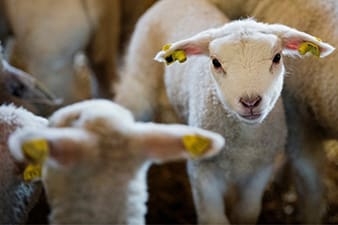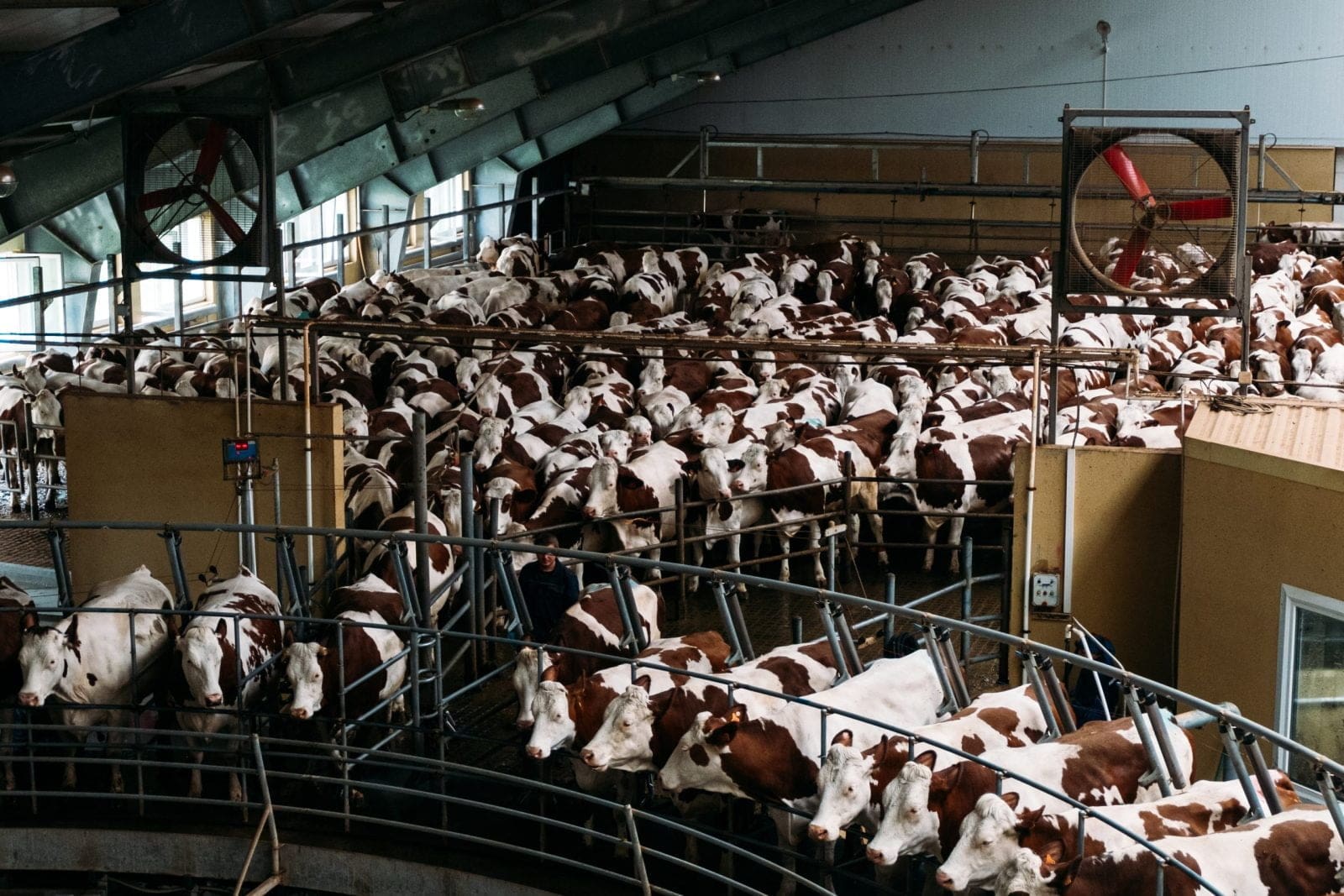This category delves into the complex moral questions surrounding our interactions with animals and the ethical responsibilities humans bear. It explores the philosophical foundations that challenge conventional practices such as factory farming, animal testing, and the use of animals in entertainment and research. By examining concepts like animal rights, justice, and moral agency, this section urges a reevaluation of the systems and cultural norms that allow exploitation to persist.
Ethical considerations go beyond philosophical debates—they shape the tangible choices we make every day, from the foods we consume to the products we buy and the policies we support. This section sheds light on the ongoing conflict between economic gain, entrenched cultural traditions, and a growing ethical awareness that calls for the humane treatment of animals. It challenges readers to recognize how their daily decisions contribute to or help dismantle systems of exploitation and to consider the broader consequences of their lifestyle on animal welfare.
By encouraging deep reflection, this category inspires individuals to adopt mindful ethical practices and actively support meaningful change in society. It highlights the importance of acknowledging animals as sentient beings with inherent worth, which is fundamental to creating a fairer and more compassionate world—one where respect for all living creatures is the guiding principle behind our decisions and actions.
Plant-based diets are reshaping the way we think about food, blending health-conscious choices with ethical and environmental responsibility. With growing awareness of the impact of animal agriculture on climate change, resource depletion, and animal welfare, shifting to plant-based eating emerges as a powerful step towards sustainability. This article delves into how plant-based diets can reduce carbon footprints, conserve water, protect ecosystems, and promote global equity—all while supporting personal well-being. We’ll address common myths surrounding this lifestyle and share practical advice for incorporating more plant-based meals into your routine. By choosing plants over animal products, you’re not just making healthier choices but actively contributing to a more compassionate and sustainable future for all living beings




















































